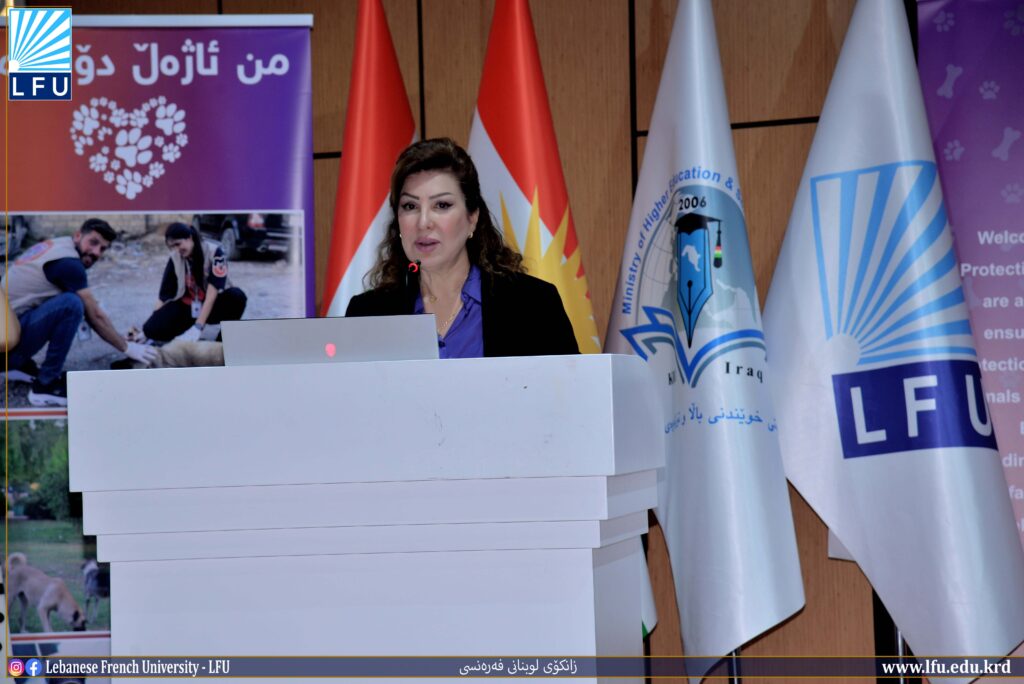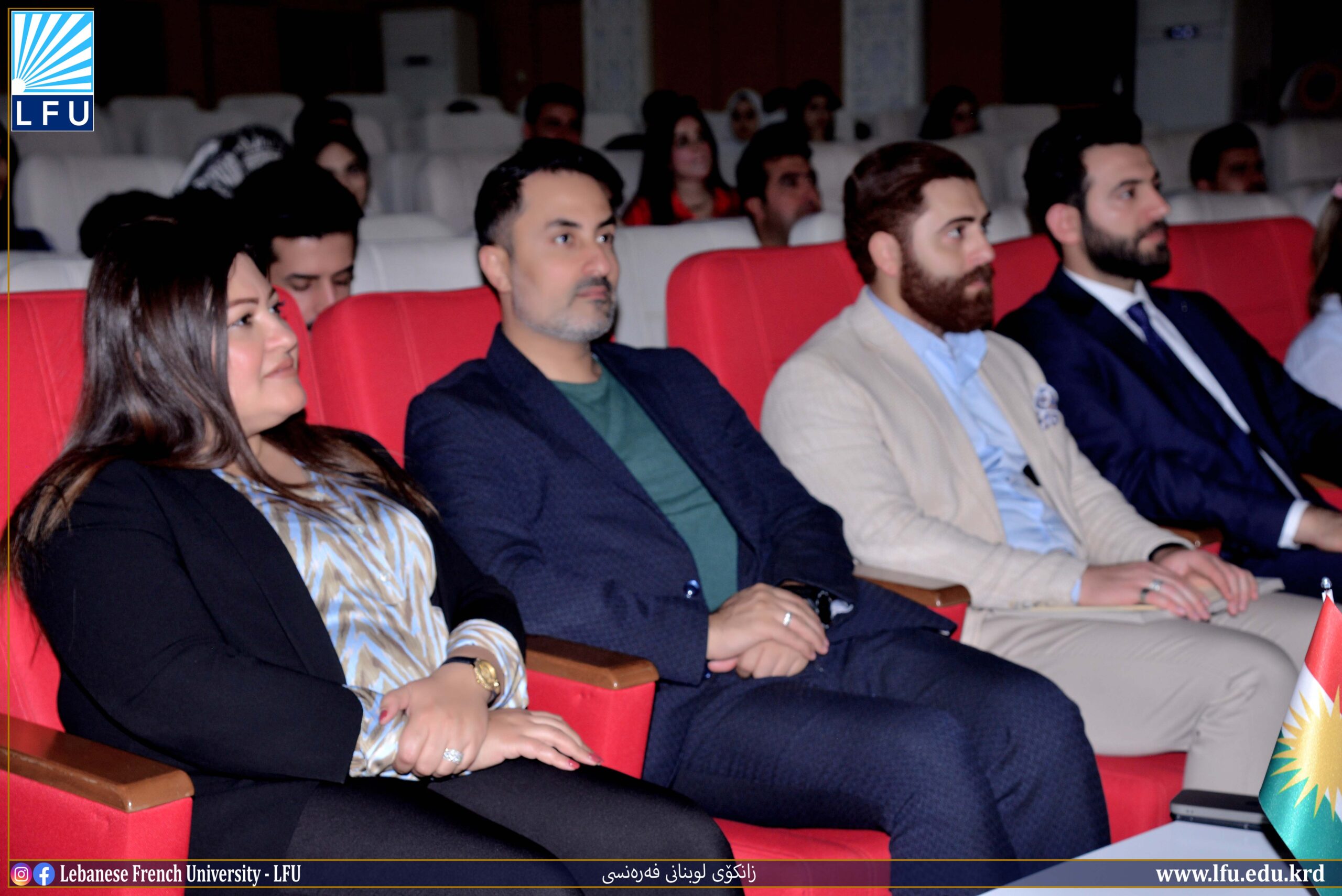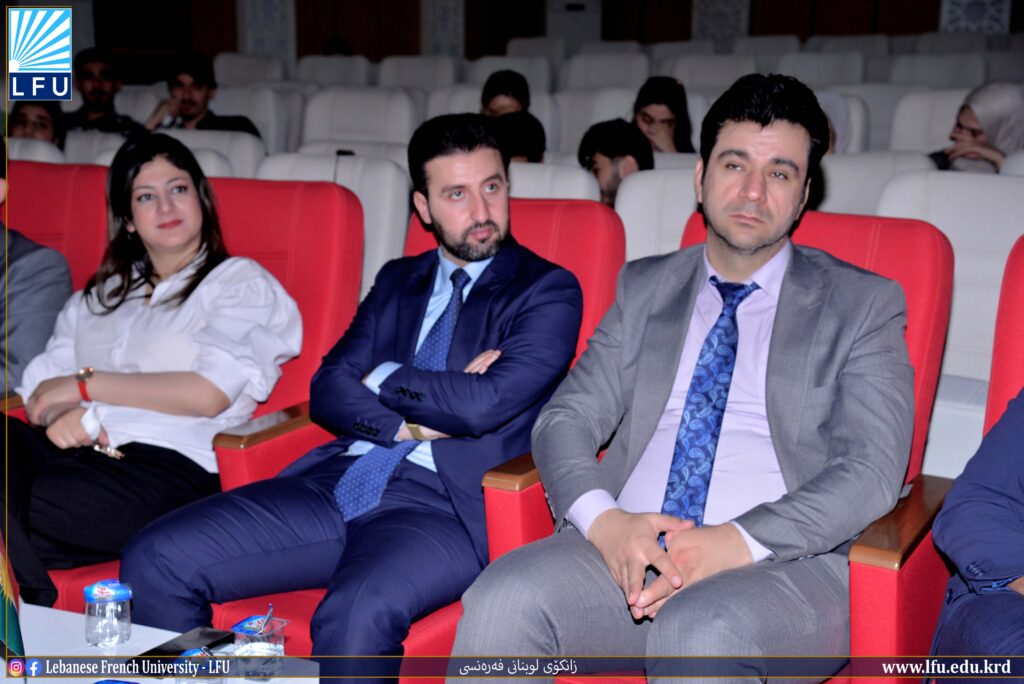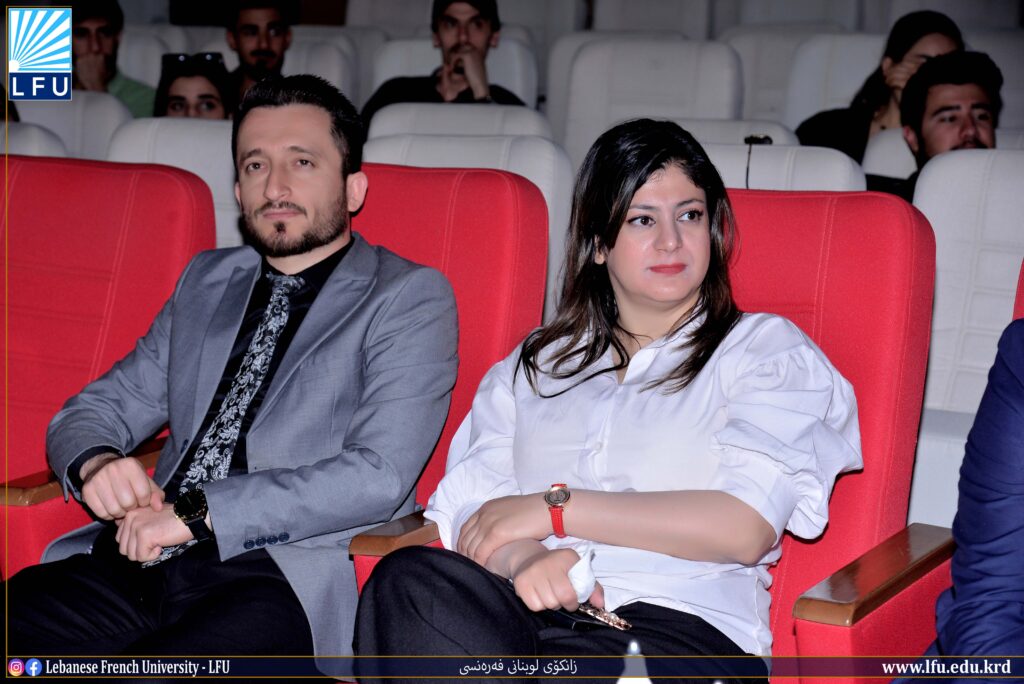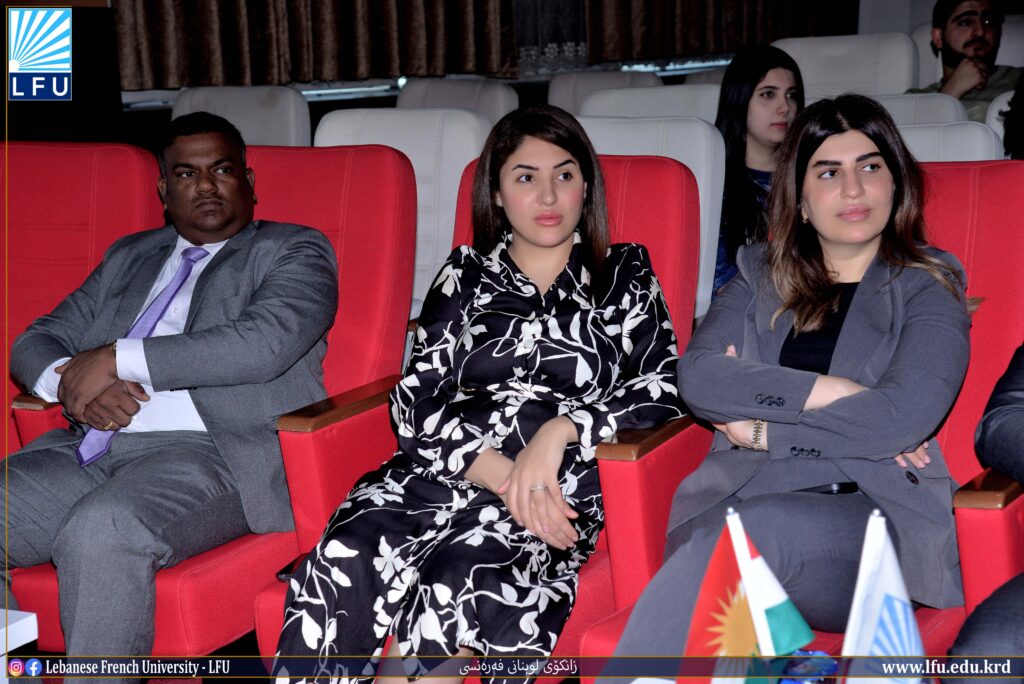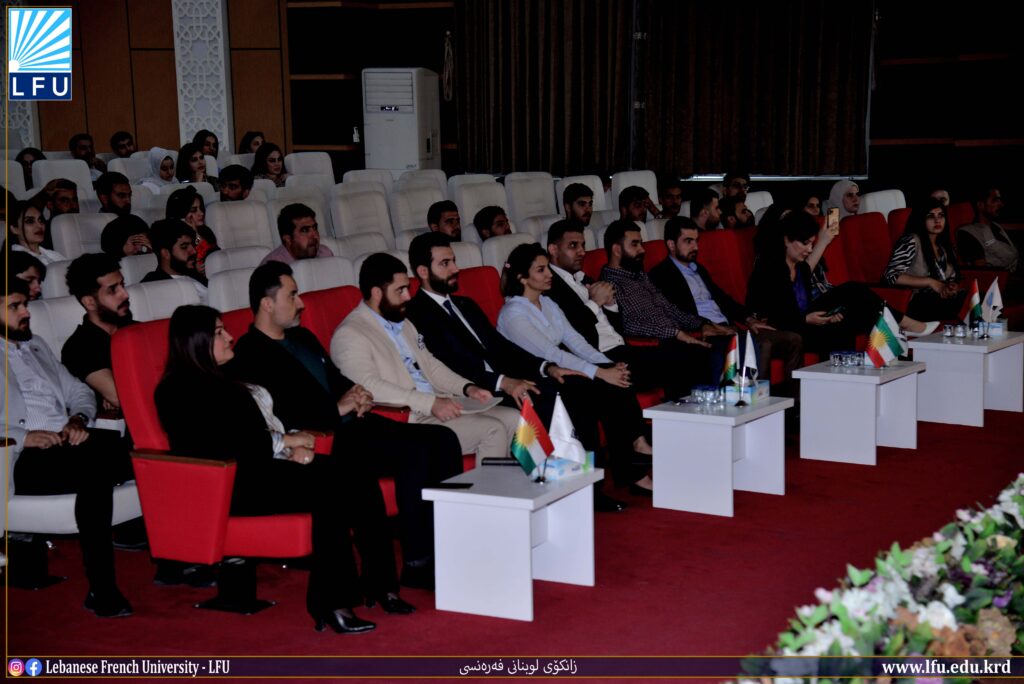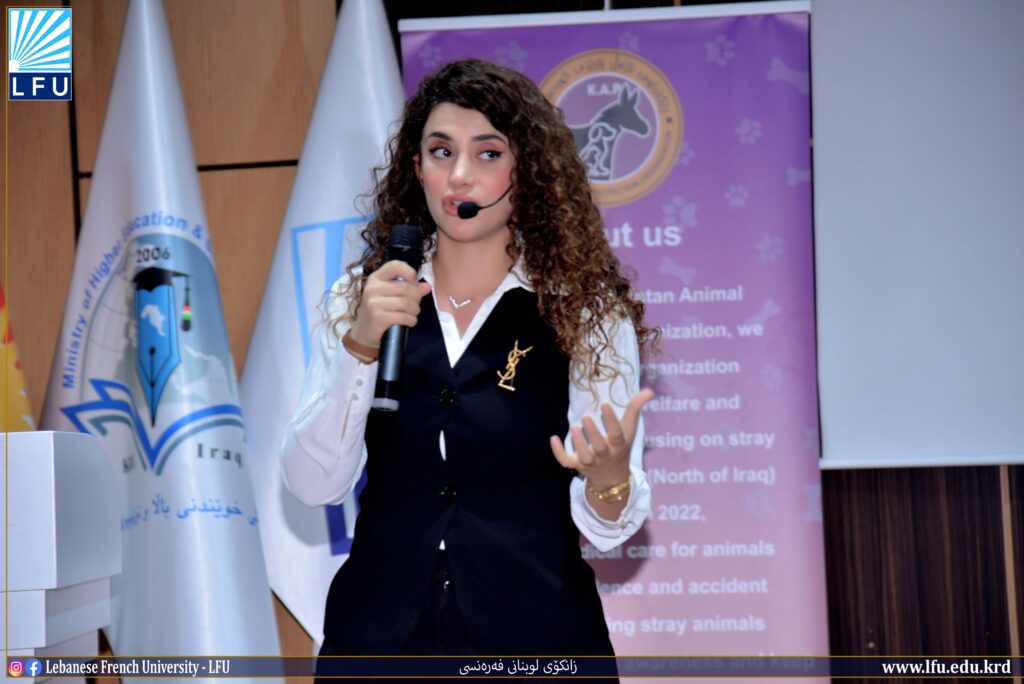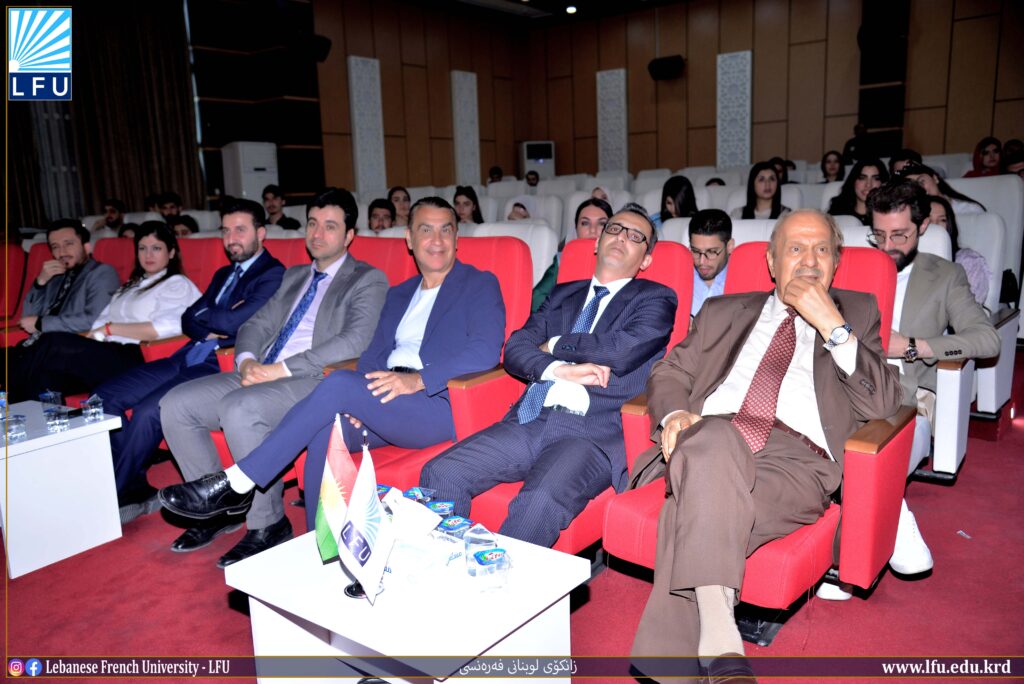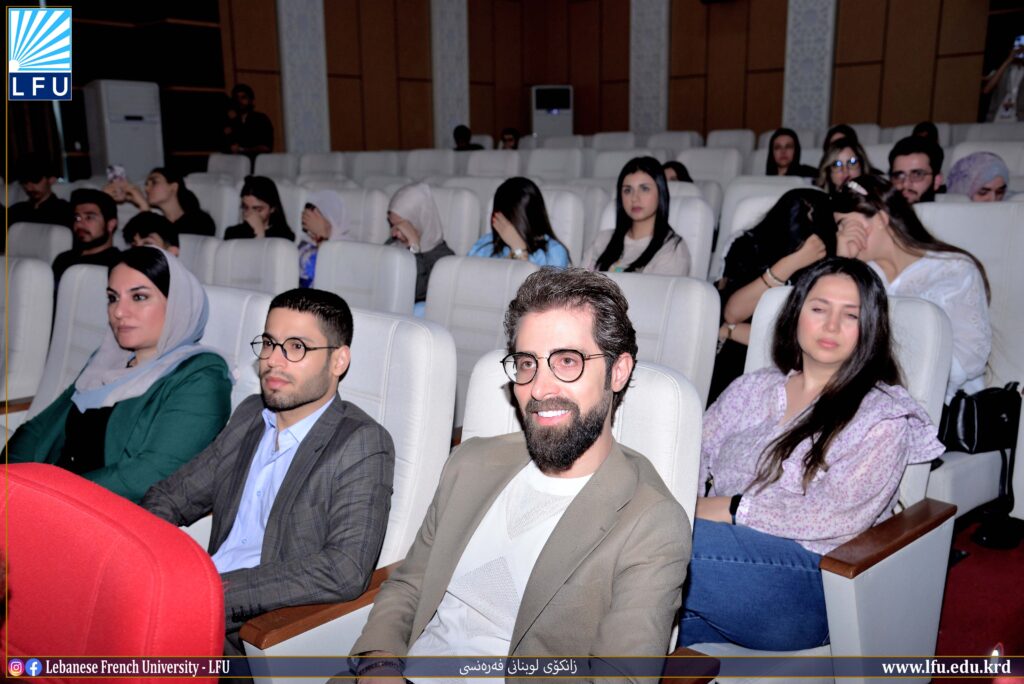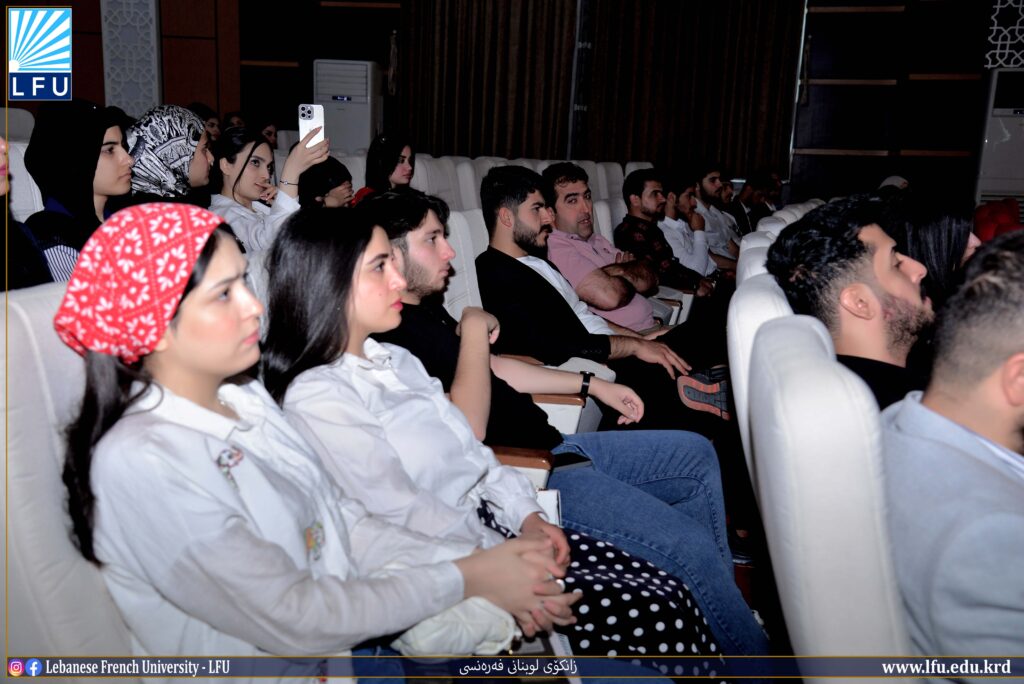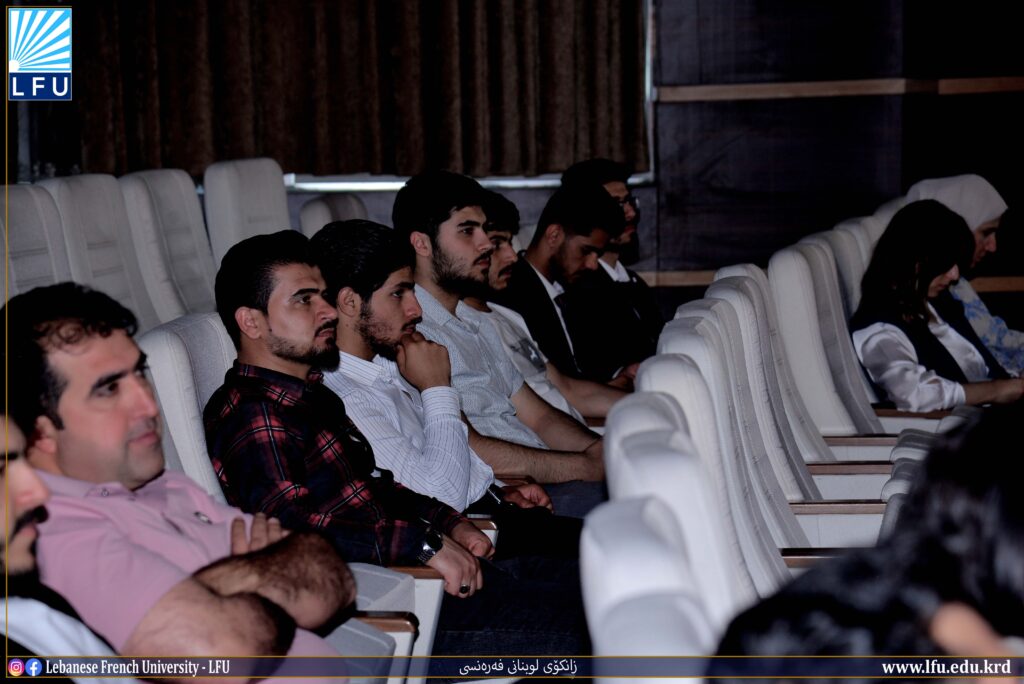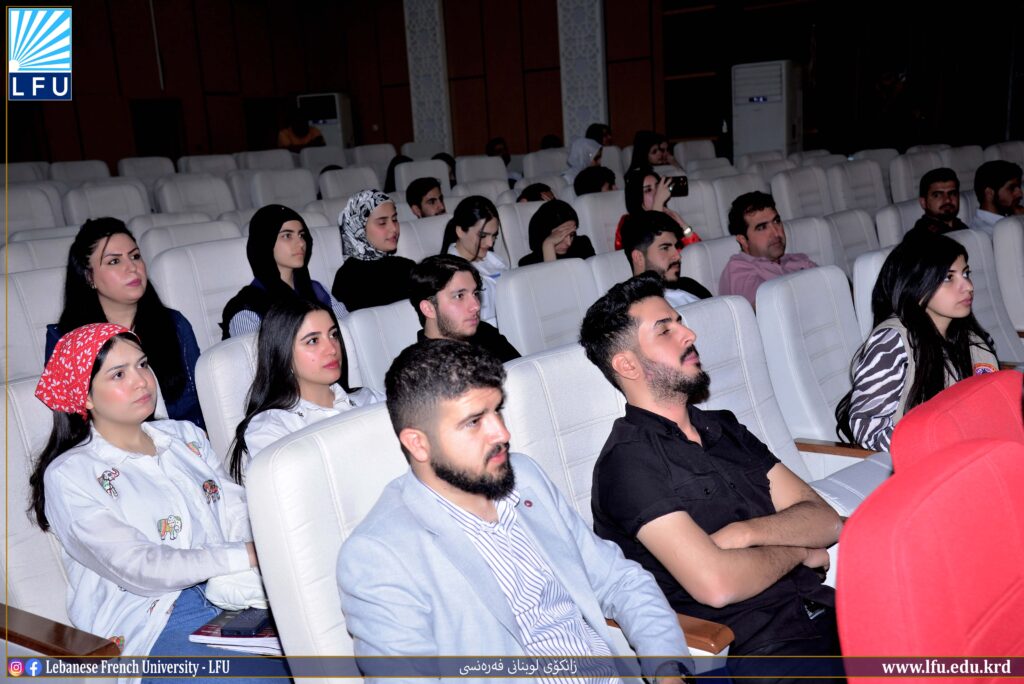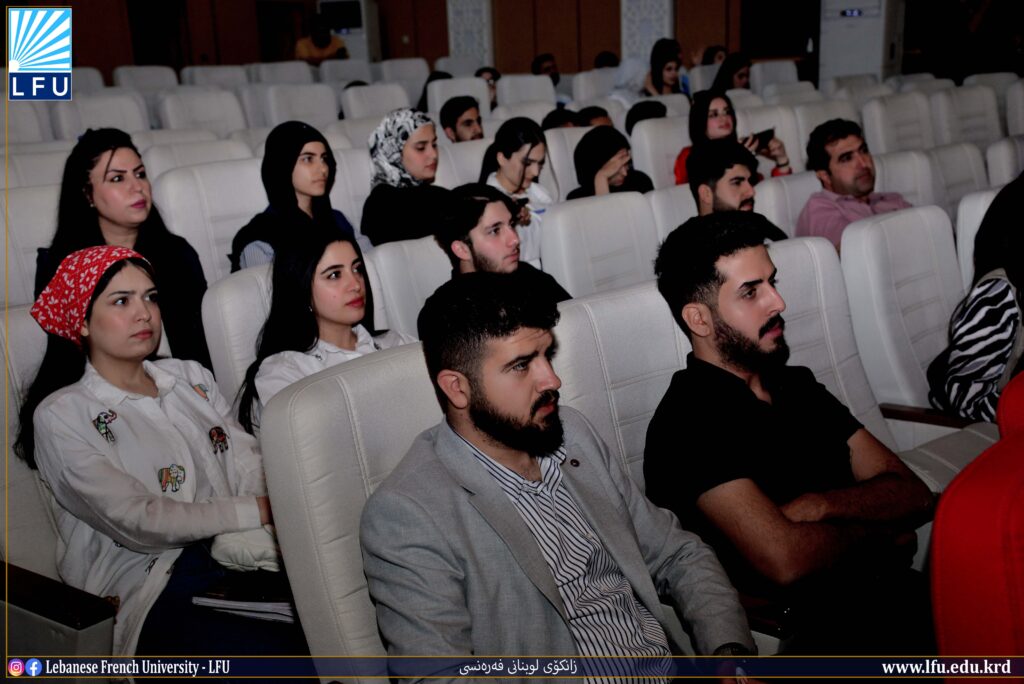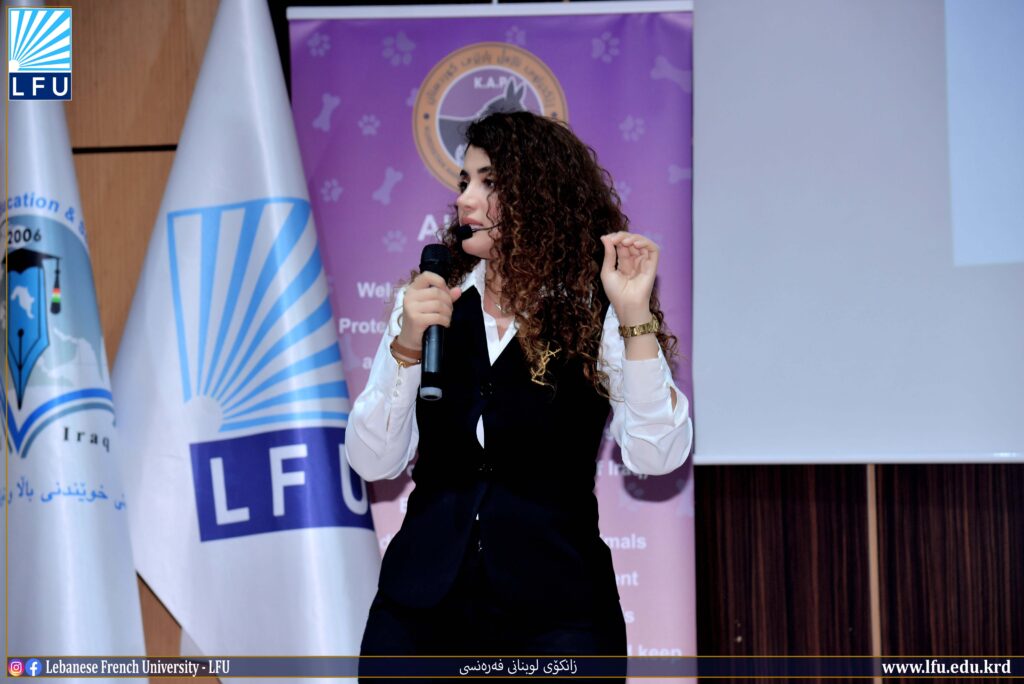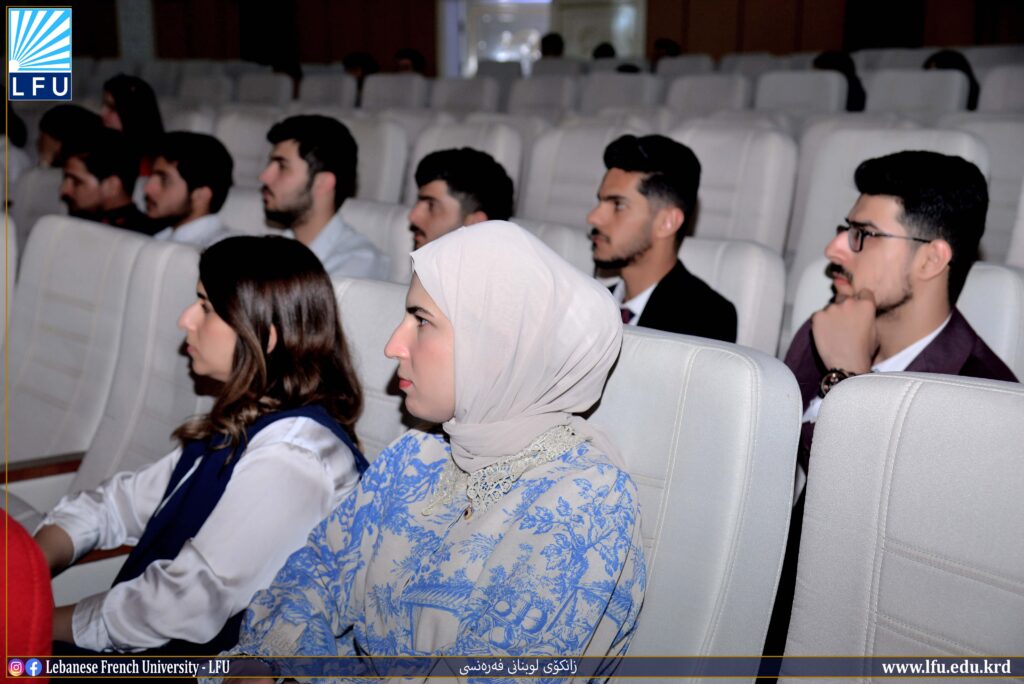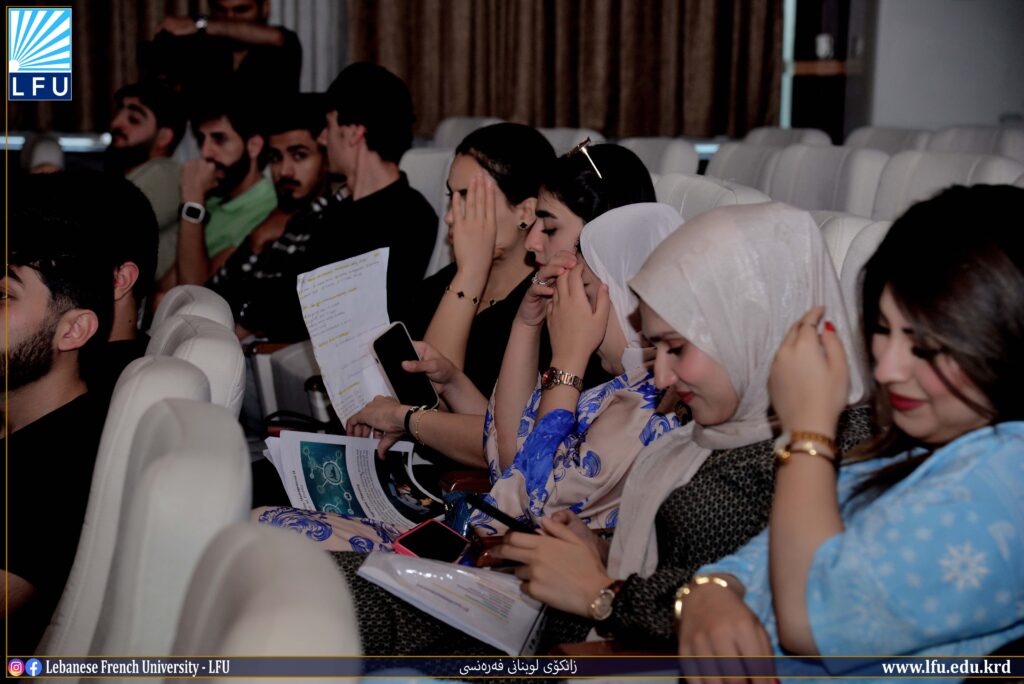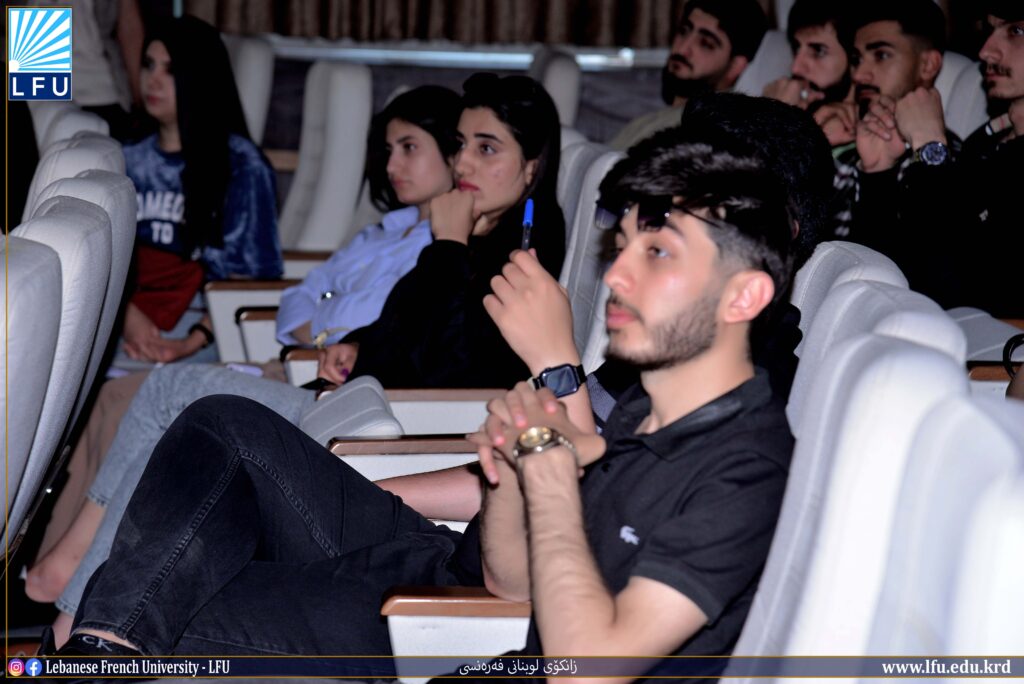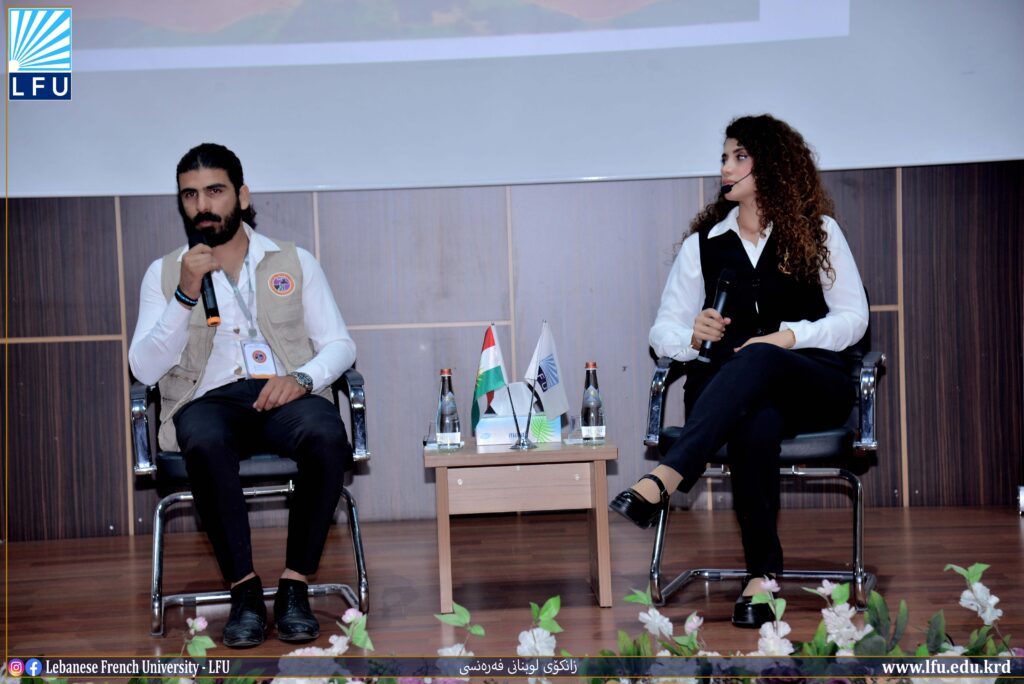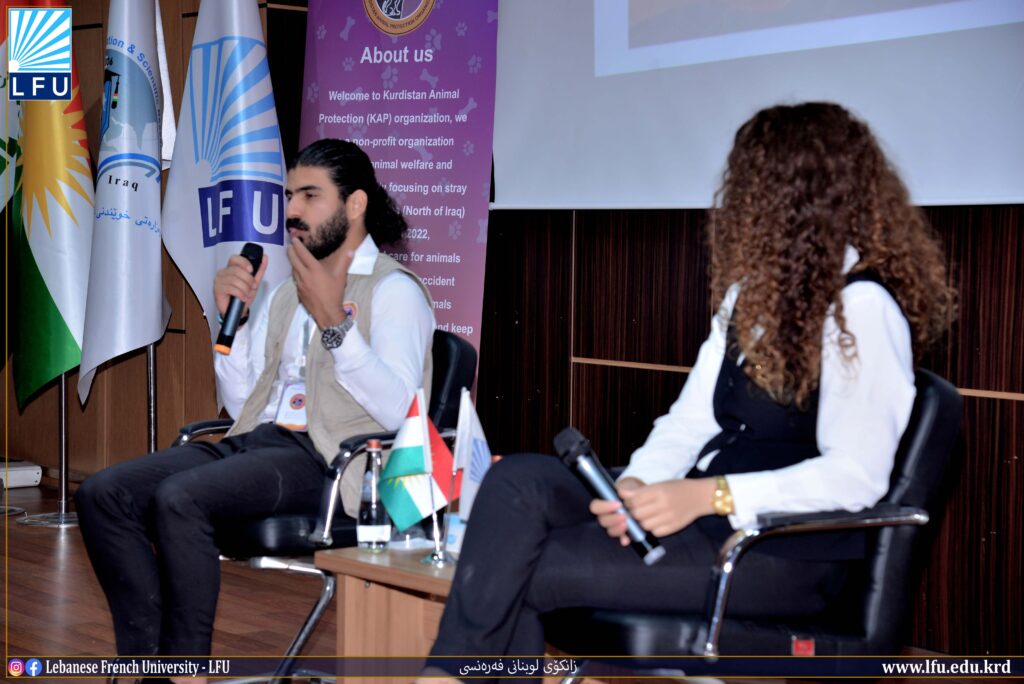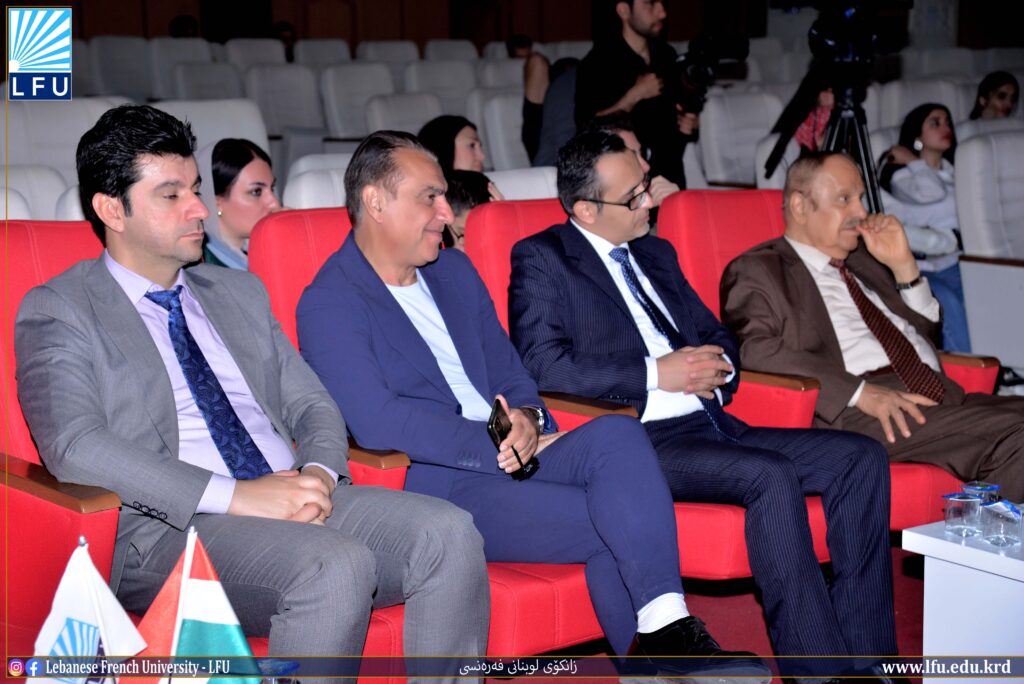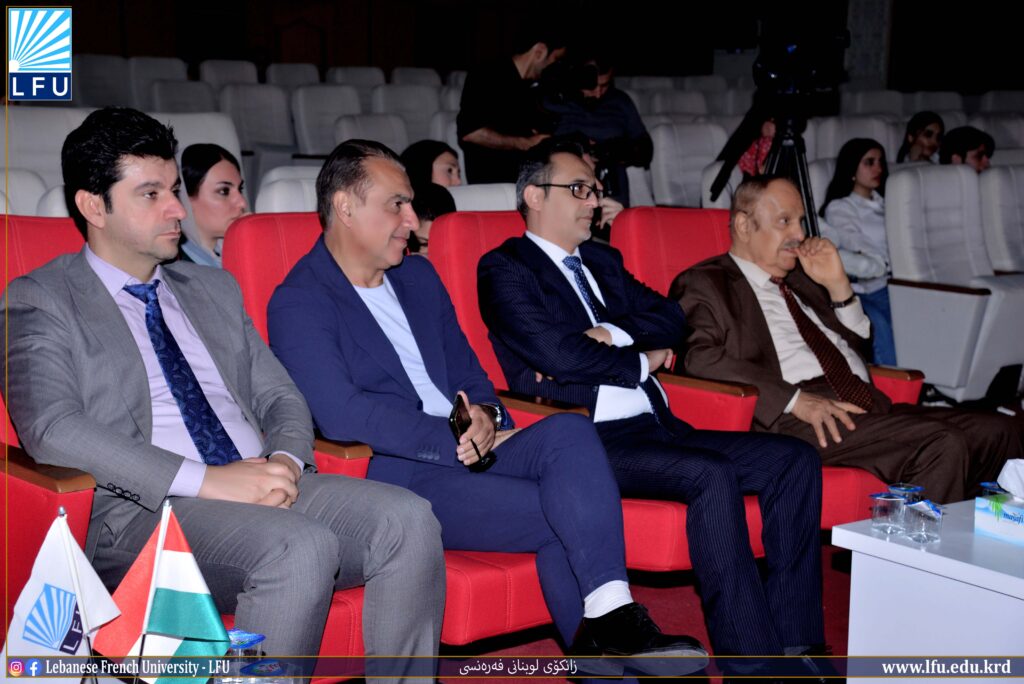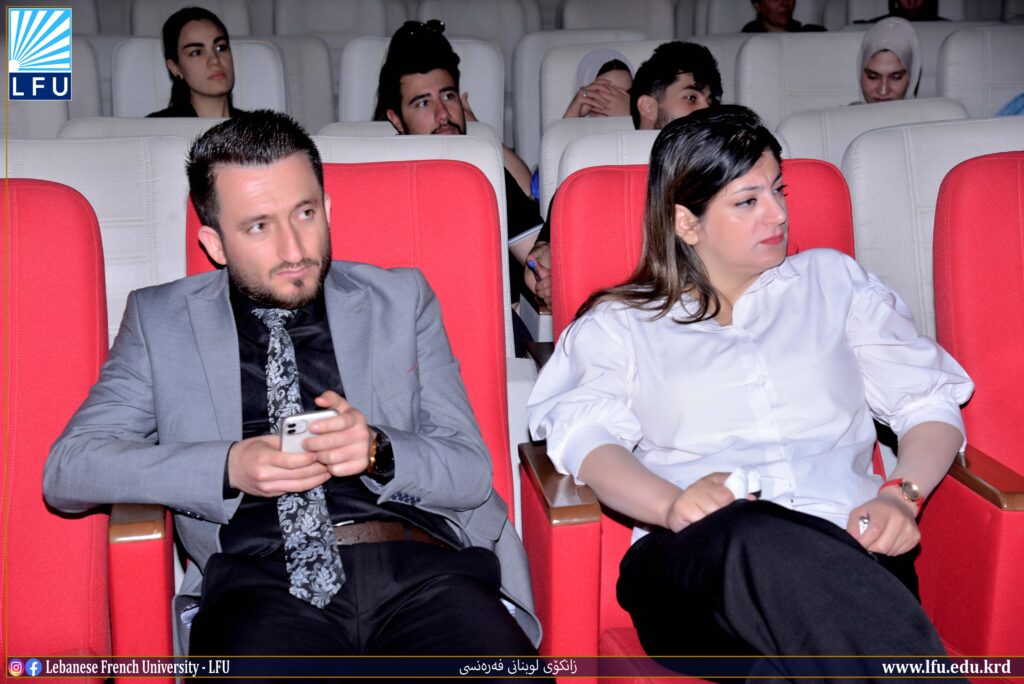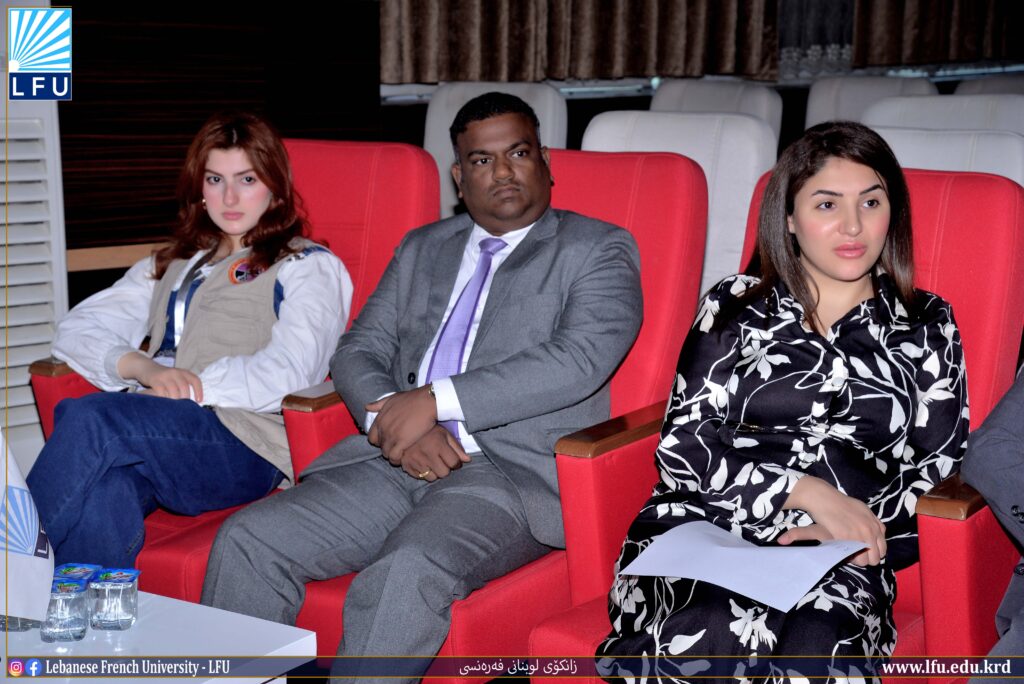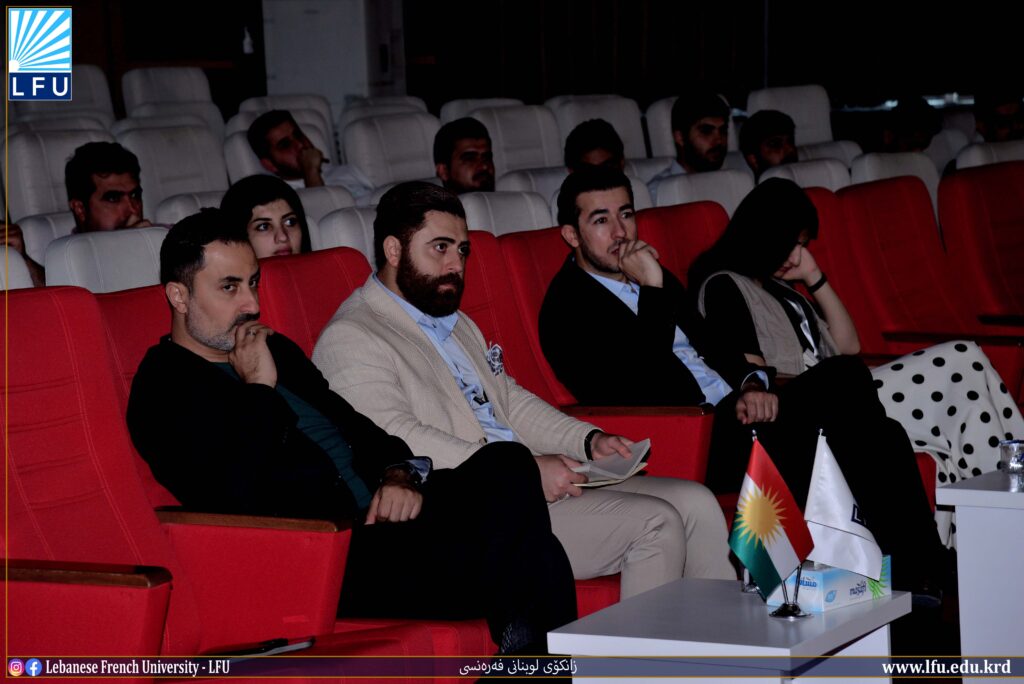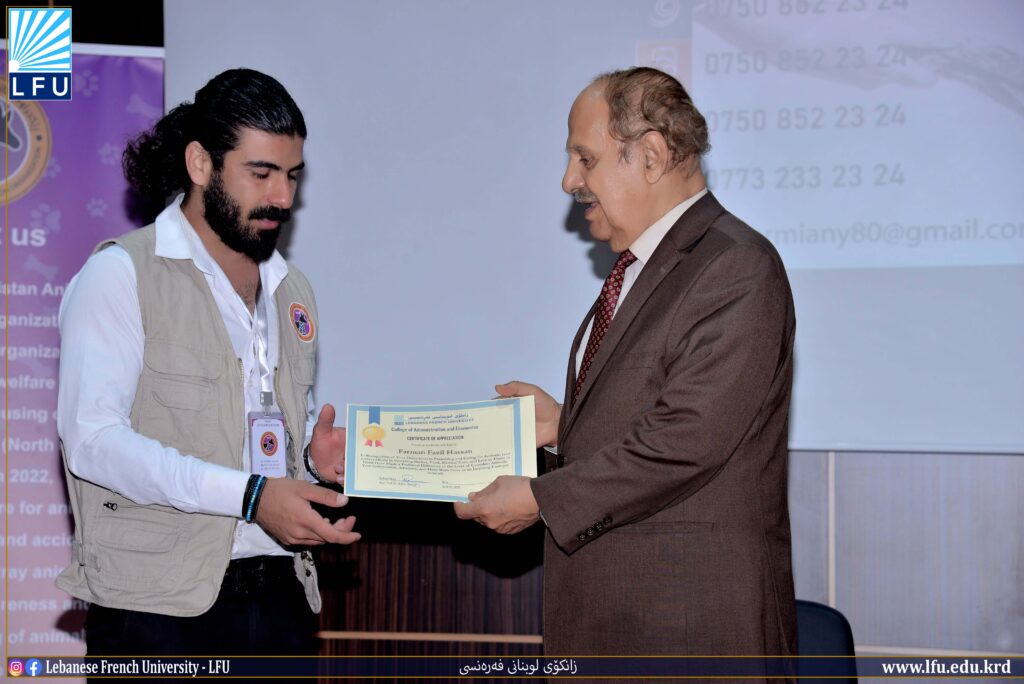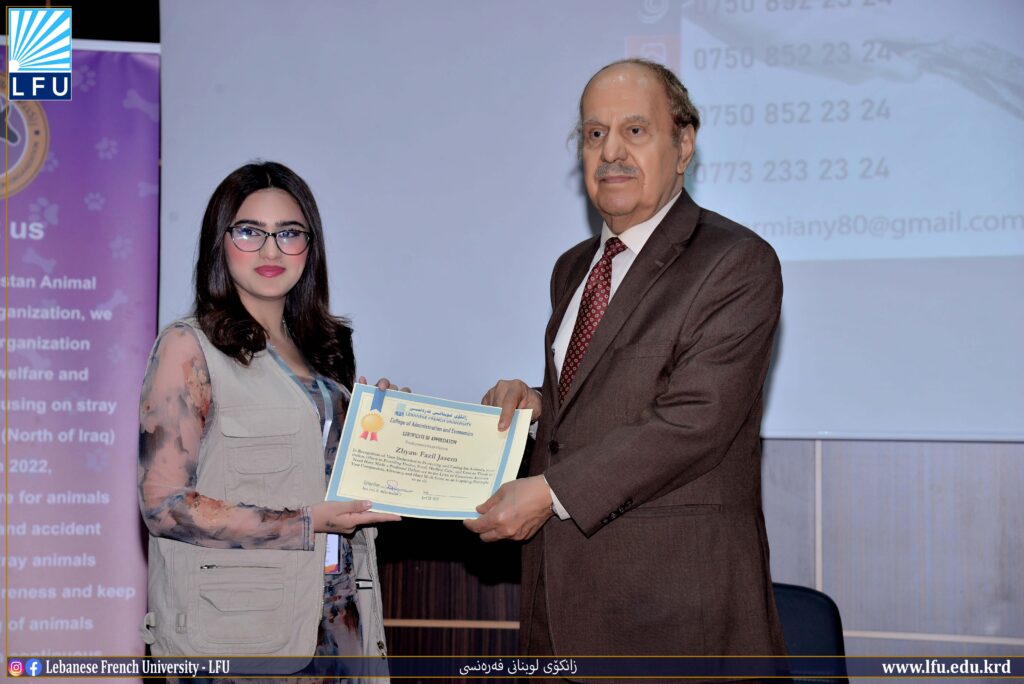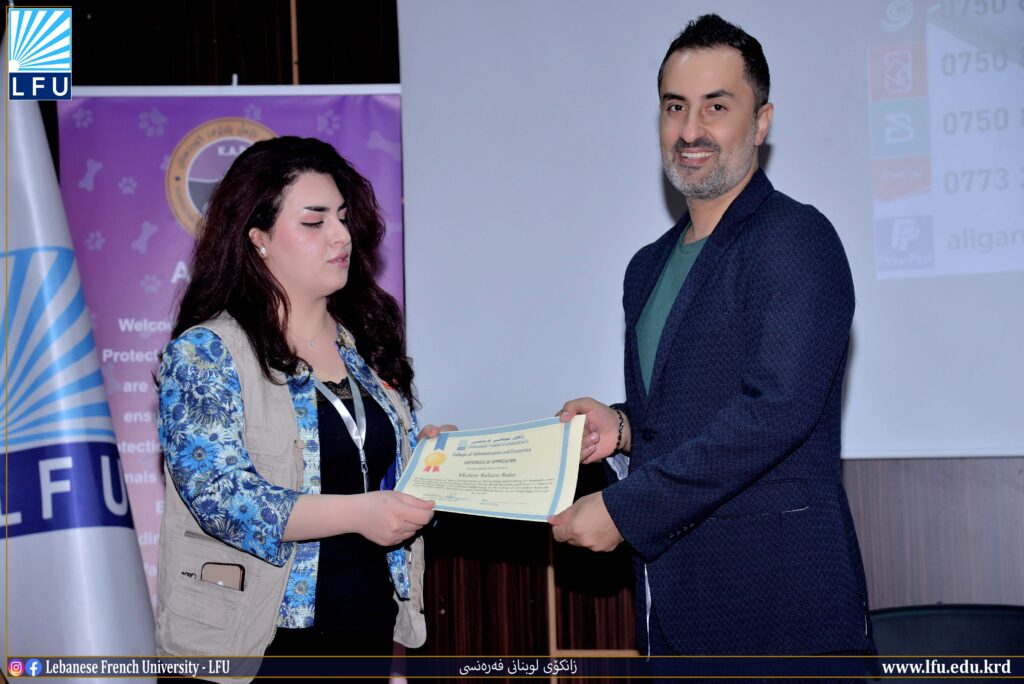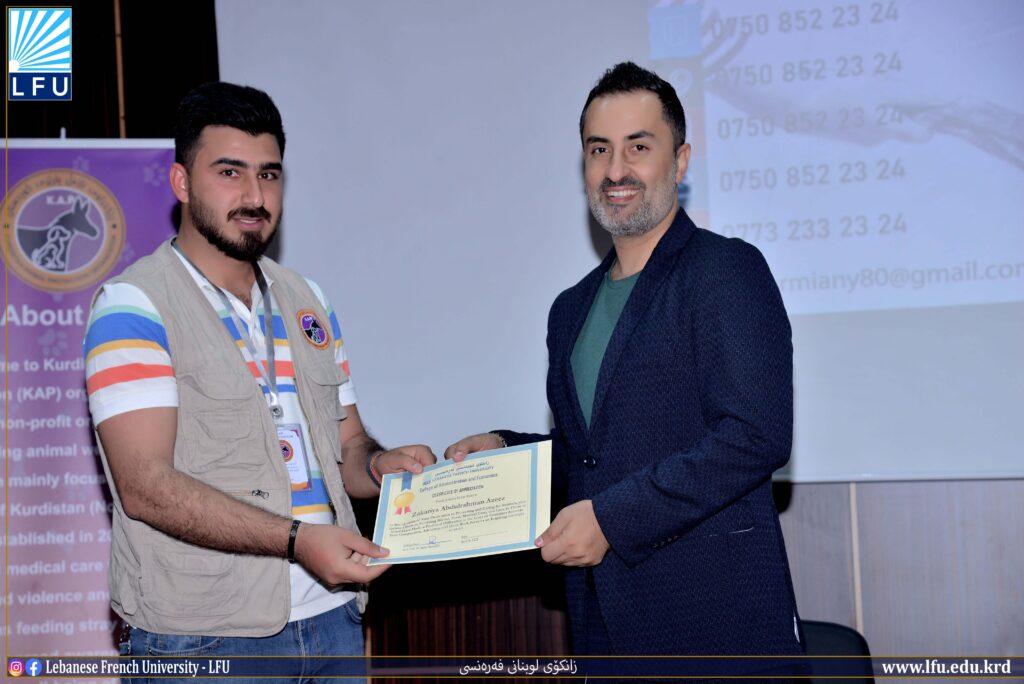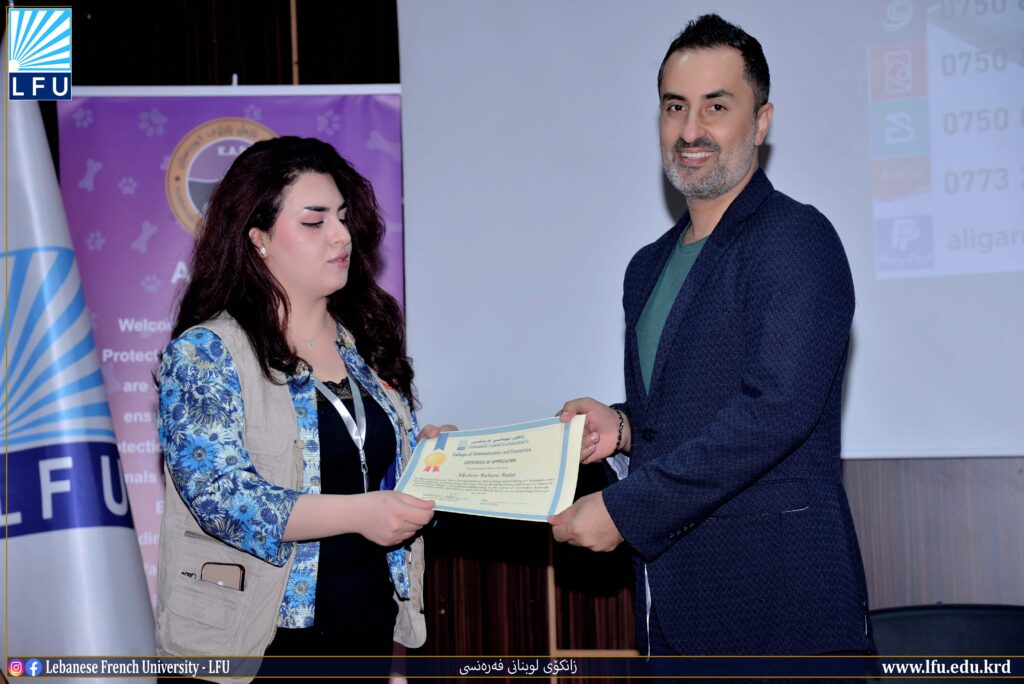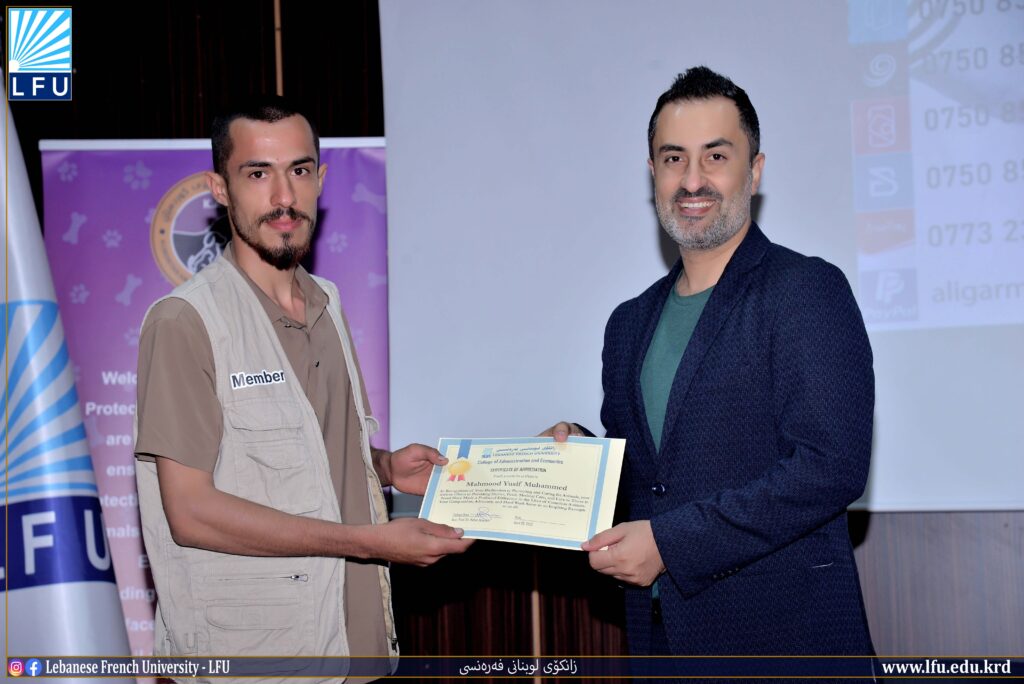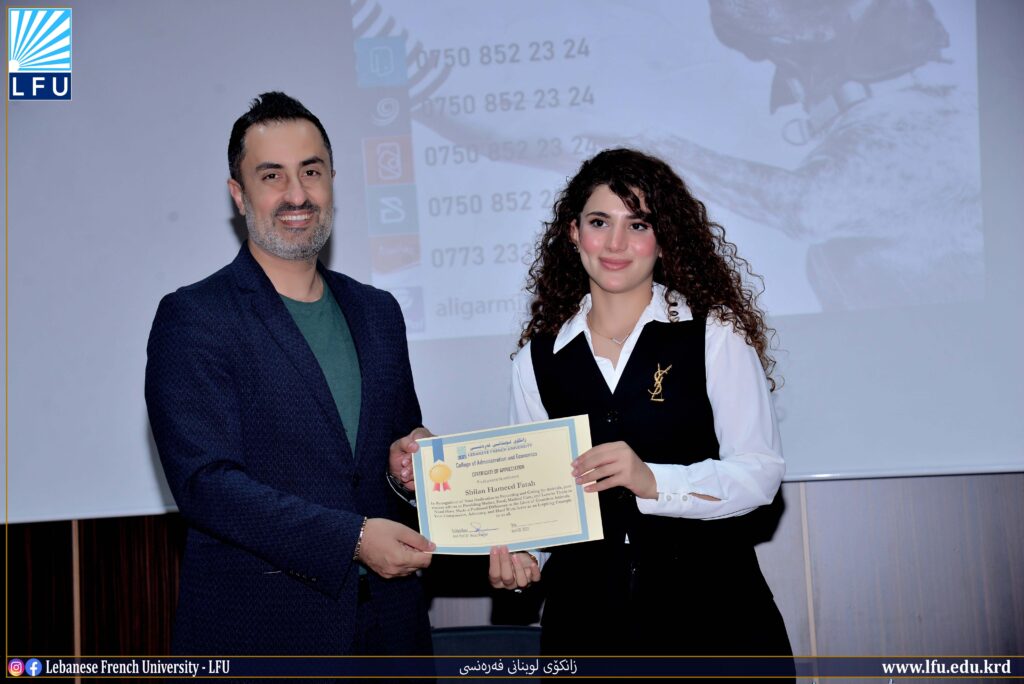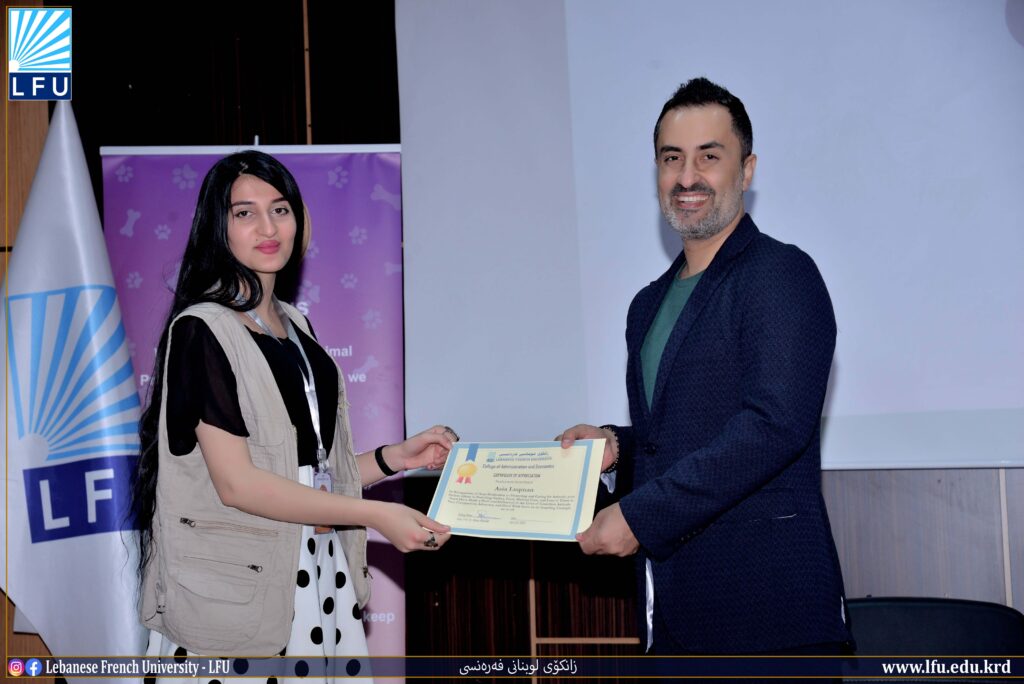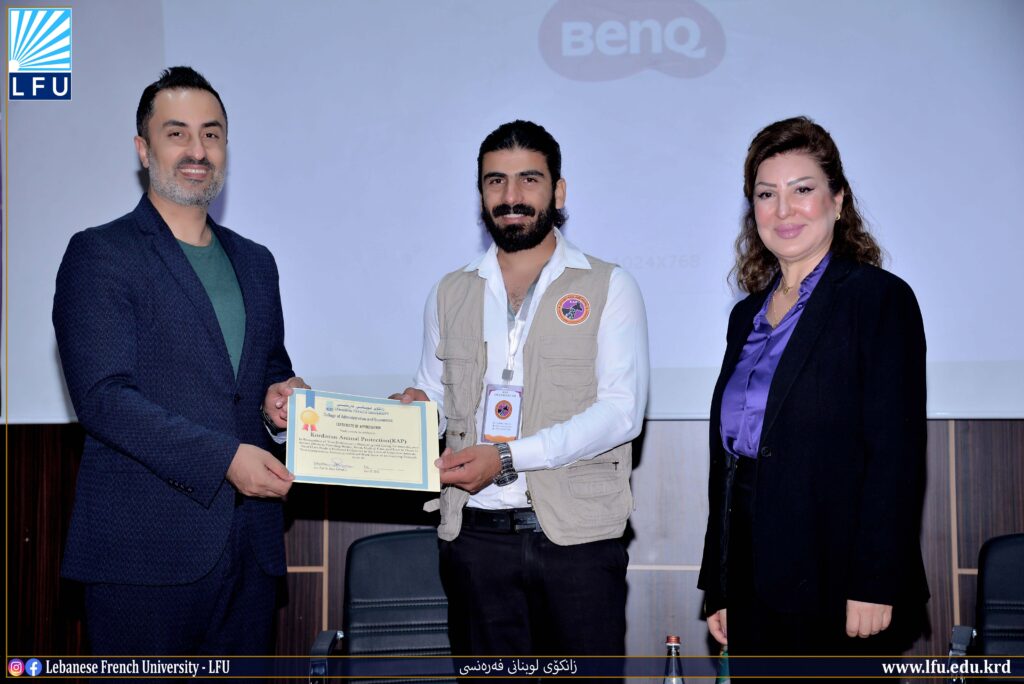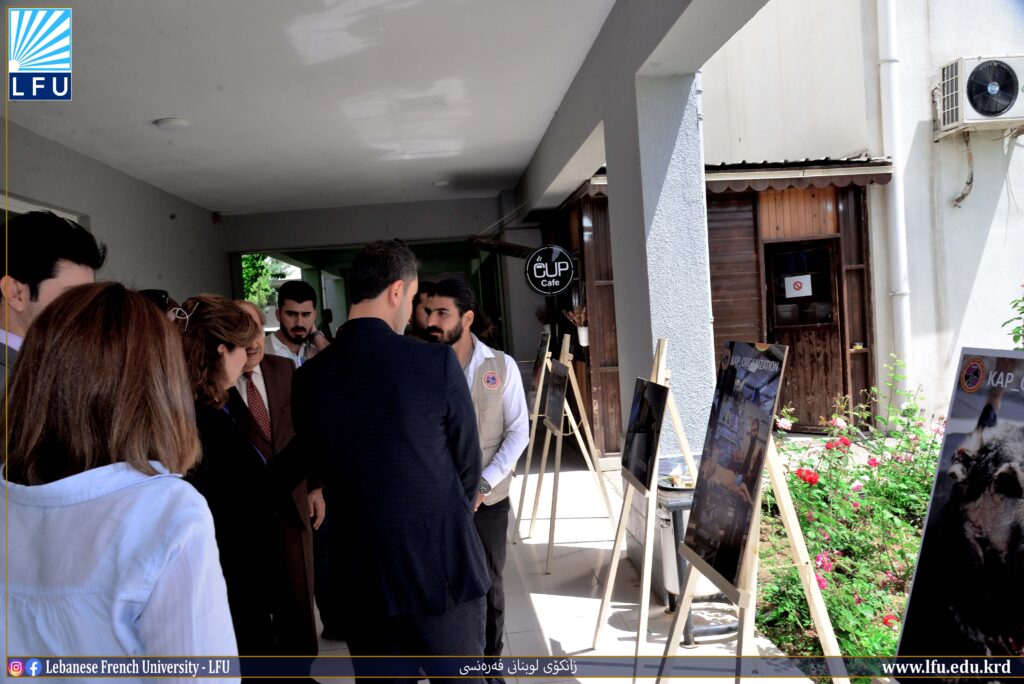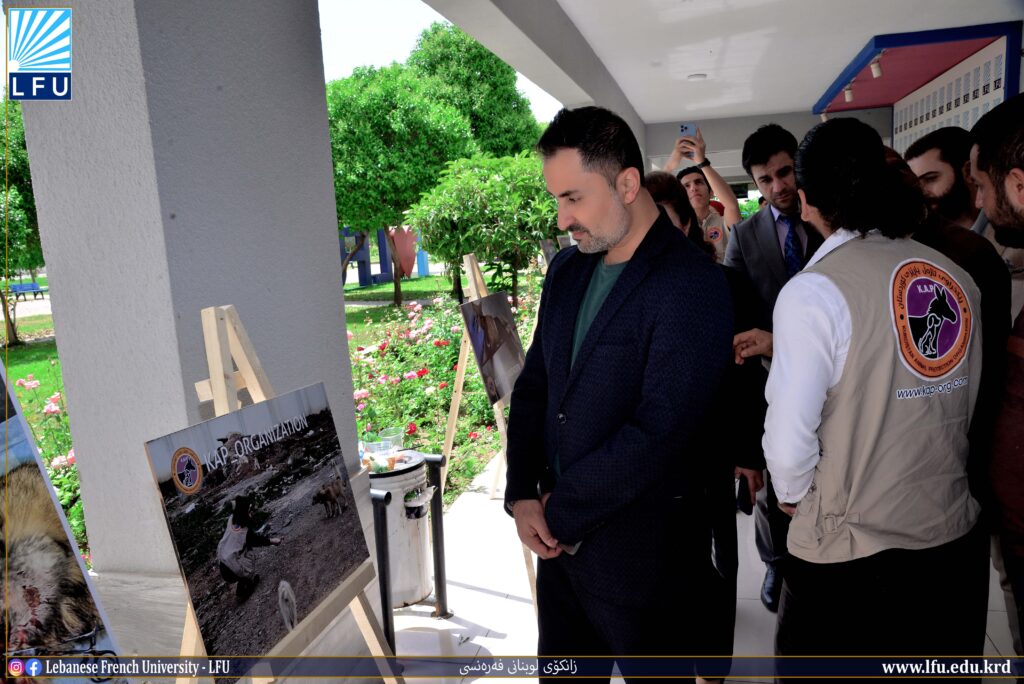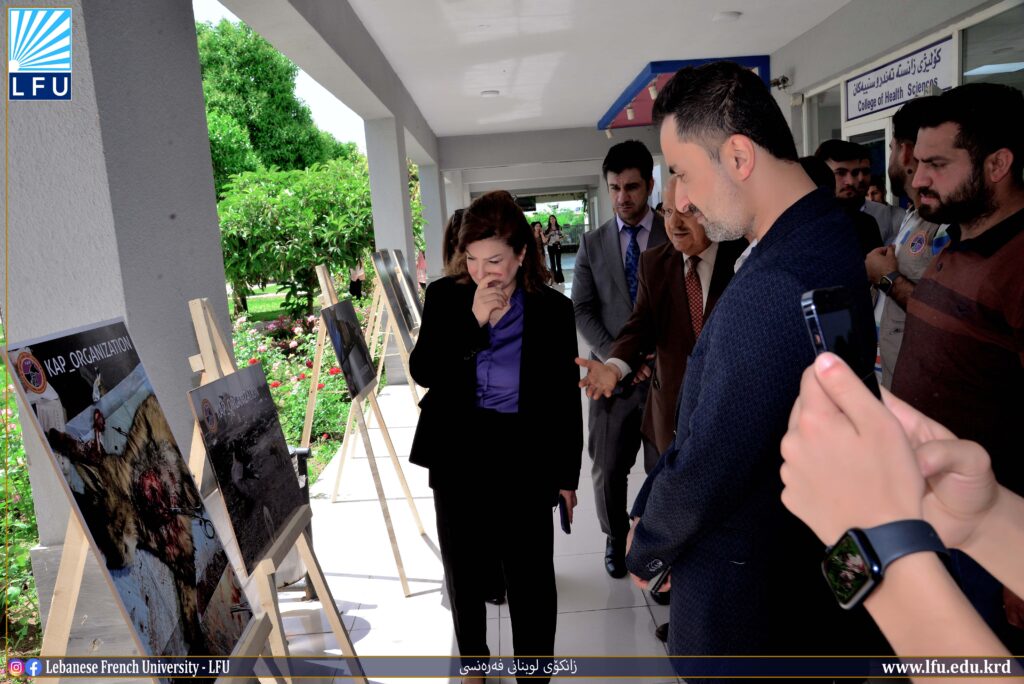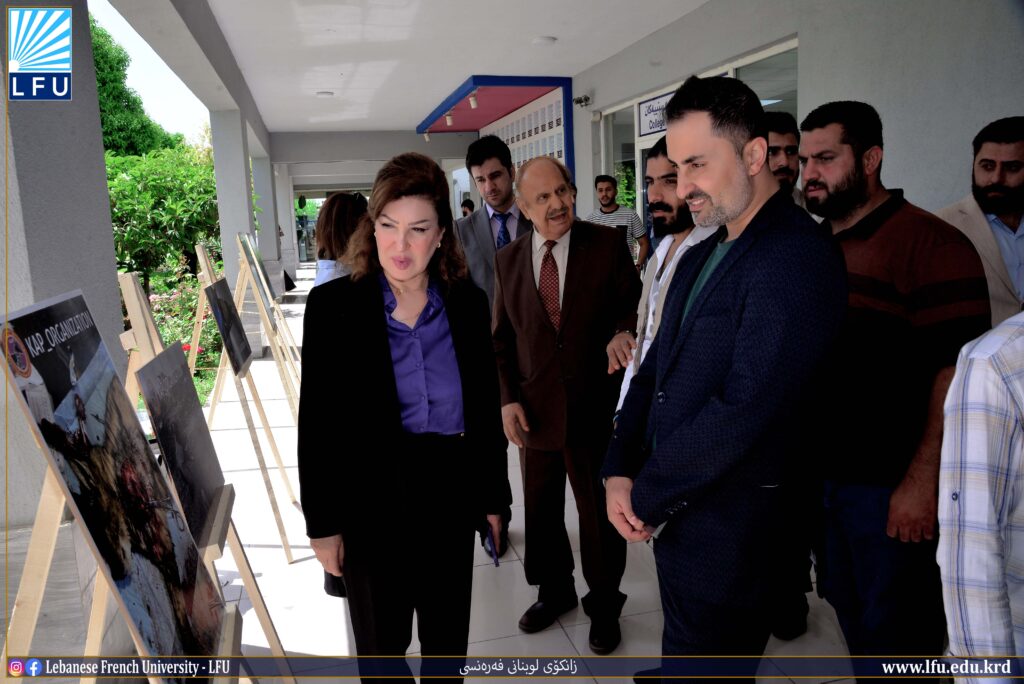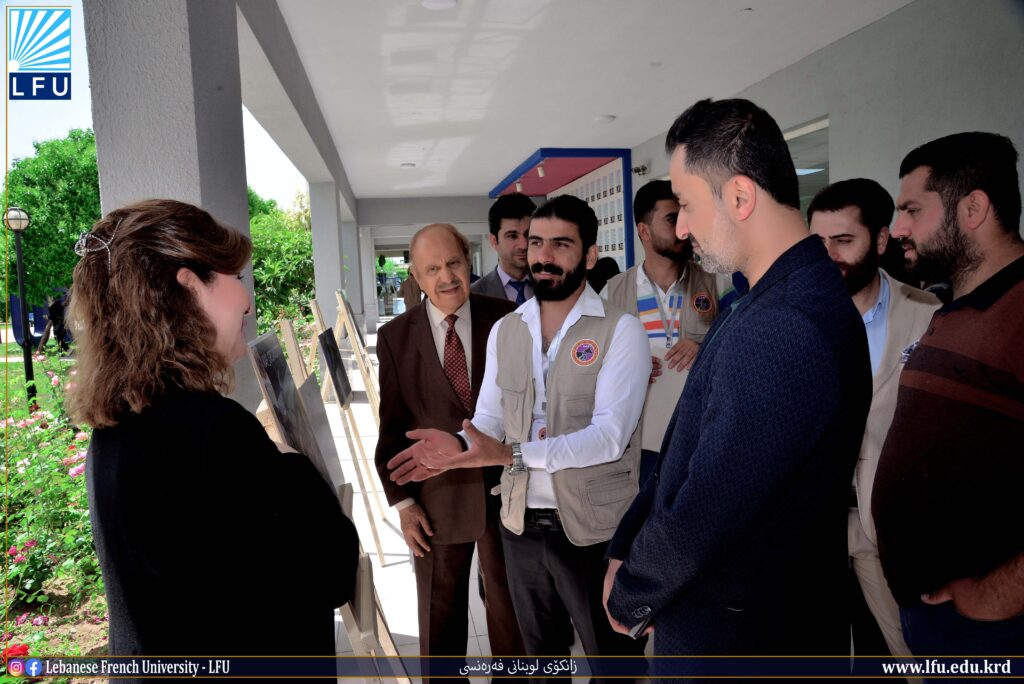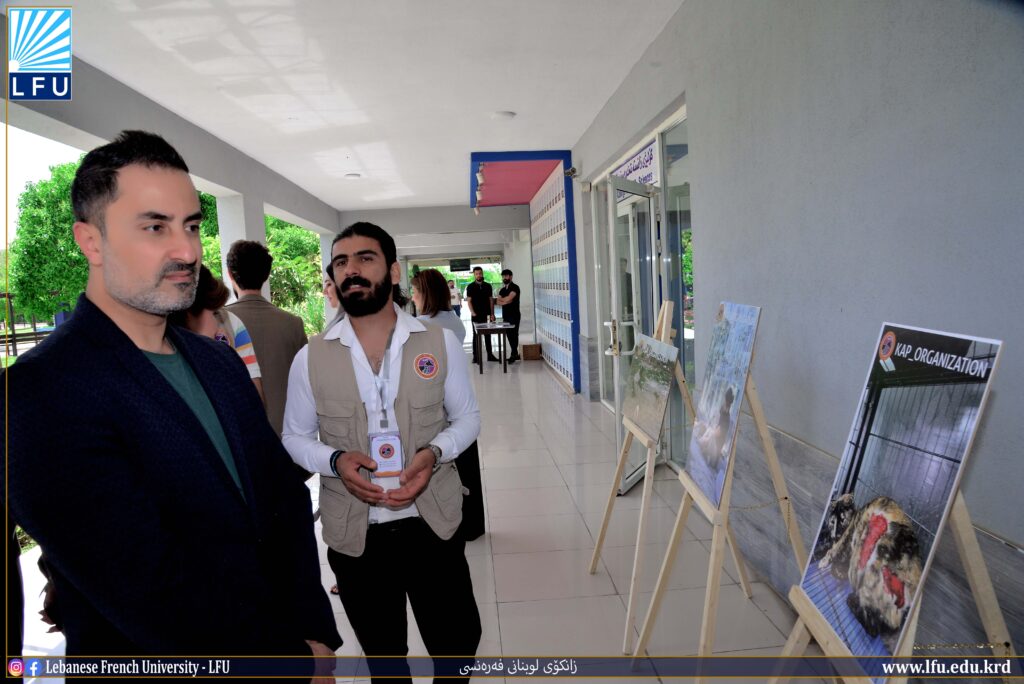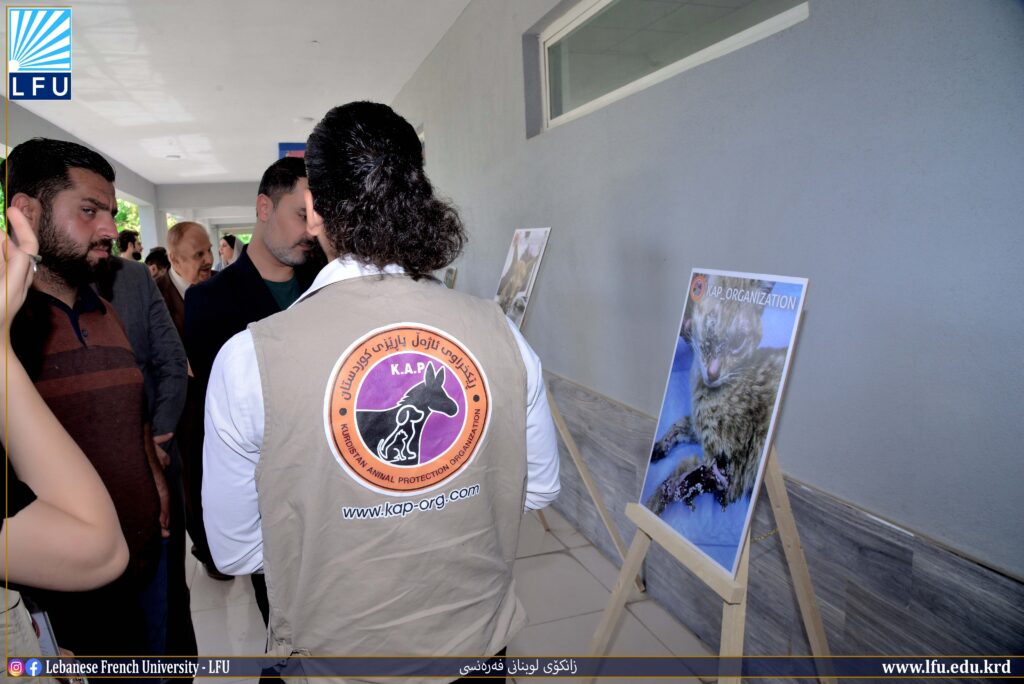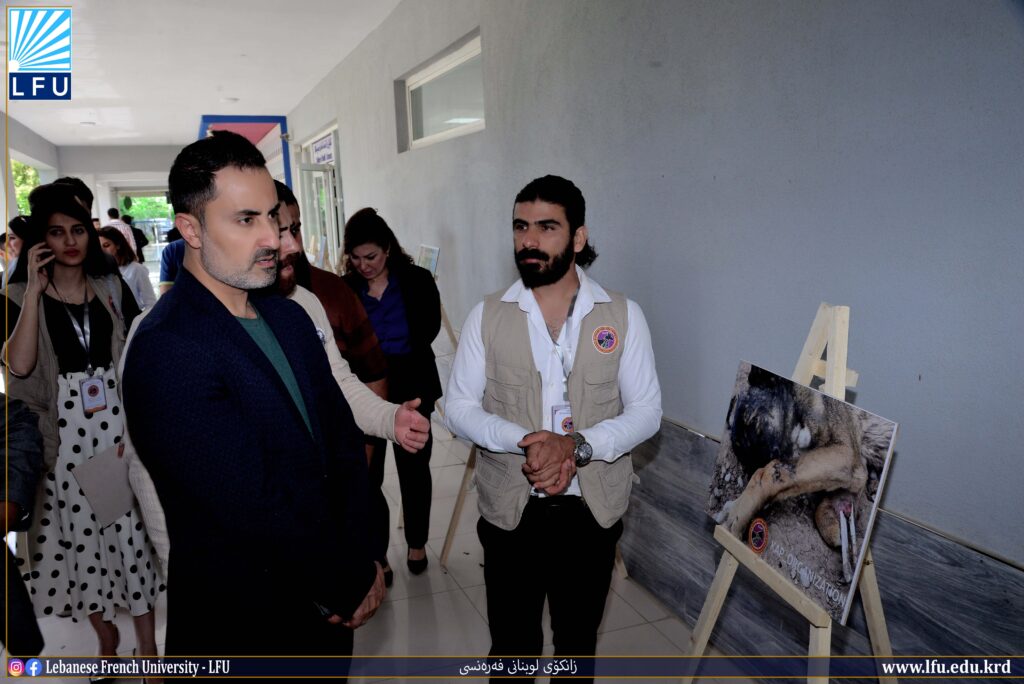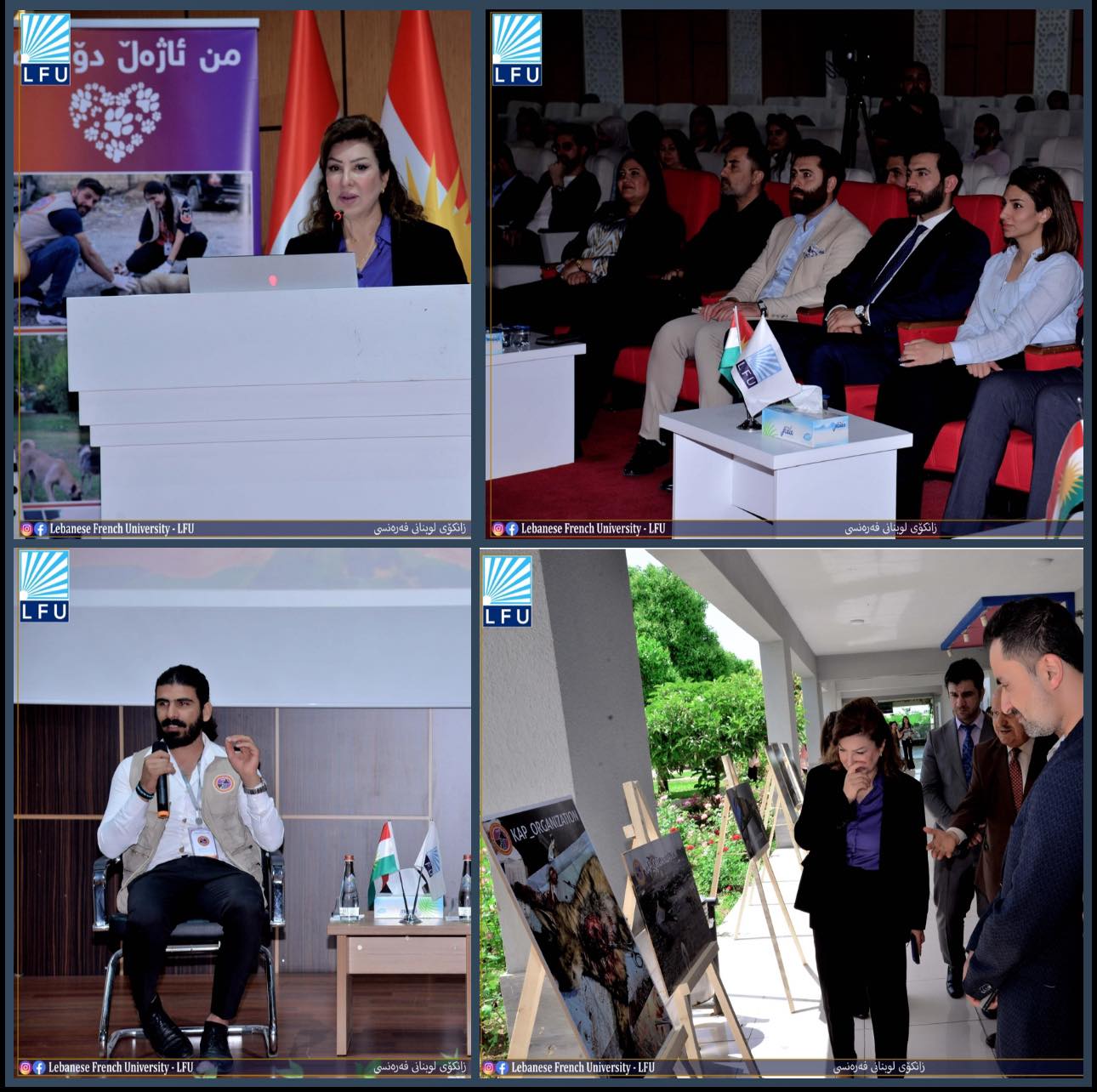On April 28, 2024, the Department of Health Administration in the College of Administration of Economics, in collaboration with Kurdistan Animal Protection (KAP), organized a community event called “Environment for All.”
Shirin Jamal, Assistant Lecturer and Head of the Department of Health and Hospital Administration, kicked off the event. In her introductory statement, Jamal effectively expressed the urgent necessity for such actions, emphasizing the need for community involvement in environmental protection.
Following Jamal’s introduction, Mr. Farman Fazil, head and representative of Kurdistan Animal Protection, joined the platform. Fazil provided a thorough analysis of the ecosystem and animal rights. His discussion delves into the complex relationships between ecosystems and animal welfare, emphasizing the delicate balance required for long-term coexistence.
The group set up a gallery for the attendees to view in the subsequent session. The collection displayed numerous examples of animal cruelty and the negative effects of human actions on animals. The displays, which ranged from habitat degradation to illegal wildlife trade, presented a sobering look at the issues that our planet’s creatures face.
Moreover, the event went beyond just raising awareness by providing real answers and recommendations:
1. Get the Word Out: Create programs to teach kids about environmental protection and animal rights so they may start thinking about these issues at a young age. Educational institutions such as schools, colleges, and community centers have the potential to greatly impact public education.
2. Promote New Policies: Collaborate with relevant government agencies to draft and implement policies that safeguard wildlife and the environments in which they thrive. Advocates must work to improve current laws and eliminate legal loopholes that allow criminal activity to persist.
3. Working together with conservation organizations, we can help efforts to restore ecosystems and preserve biodiversity. Research funding, involvement in conservation projects, and advocacy for sustainable practices are all part of this.
4. Promote Eco-Friendly Consumption: Promote awareness of how people’s food, clothing, and vacation choices affect the environment. Advocate for sustainable and ethical alternatives to lessen the need for products that damage animals or their habitats.
Involve local groups: initiate eco-tourism projects, clean-up campaigns, and volunteer programs to encourage community involvement. The key to sustainable environmental protection is giving local communities the tools they need to become active participants.
The Use of Technology: Use technologies like satellite tracking and remote sensing to monitor animal numbers and detect instances of illegal activity. Also, think outside the box and look into sustainable farming and energy production methods.
If we follow these suggestions, all living things will benefit from a more equitable and long-lasting ecosystem. “Environment for All” is more than a catchphrase; it’s an impassioned plea for every one of us to do what we can to ensure the survival of Earth and those who live there.
